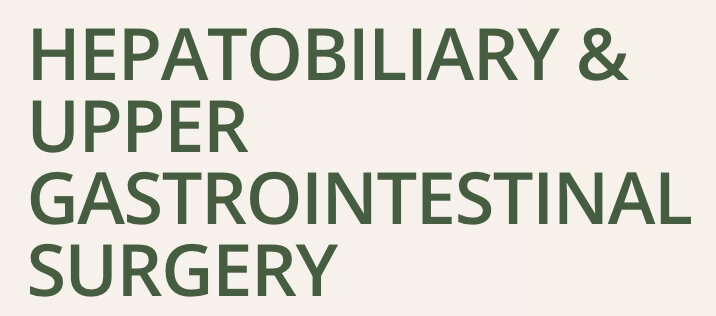A Randomised Controlled Trial Investigating the Effect of Humidified Warm Carbon Dioxide Gas Insufflation During Laparoscopic and Open Abdominal Surgery
Several factors during surgery can contribute to peri-operative hypothermia including cool operating rooms, infusion of cool fluids, evaporation of surgical skin preparation and effects of anaesthetic drugs. During open surgery, radiated and evaporative heat loss plays a role in contributing to hypothermia. Gas used to create an operating space during laparoscopic surgery has also been shown to contribute to hypothermia and this is associated with the duration of anaesthesia and the volume of insufflation gas.
Cold and dry insufflation gas is not only a key contributor to hypothermia but also has an effect on the drying of the inside lining of the tummy (peritoneum) and consequently causing post surgery pain. This study seeks to investigate the use of warm and humidified insufflation gas to assess its benefits on body temperature and post surgery pain.
Aim:
To determine if warm humidified CO2 insufflation gas reduces:
Hypothermia
Post surgery pain
Peritoneal tissue damage

Status: Currently recruiting
Site: St Vincent’s Private Hospital
Ethics: HREC/16/SVHM/153
ANZCTR Registration: ACTRN12617000850370
Principal Investigator: Mr Michael Hii
Eligibility
Inclusion
Adults ≥18 years of age
Undergoing Laparoscopic hiatus hernia repair or Open liver resection
Undergoing surgery with a duration of more 1 hour
Exclusion
Participants with chronic pain
Participants requiring epidural for post surgery pain management
Unable to provide own consent
Outcome Measures
Body, surface and room temperatures
Post surgery pain questionnaire
Analgesics used
Integrity of the microvilli on exposed peritoneal tissue by scanning electron microscopy (SEM)
